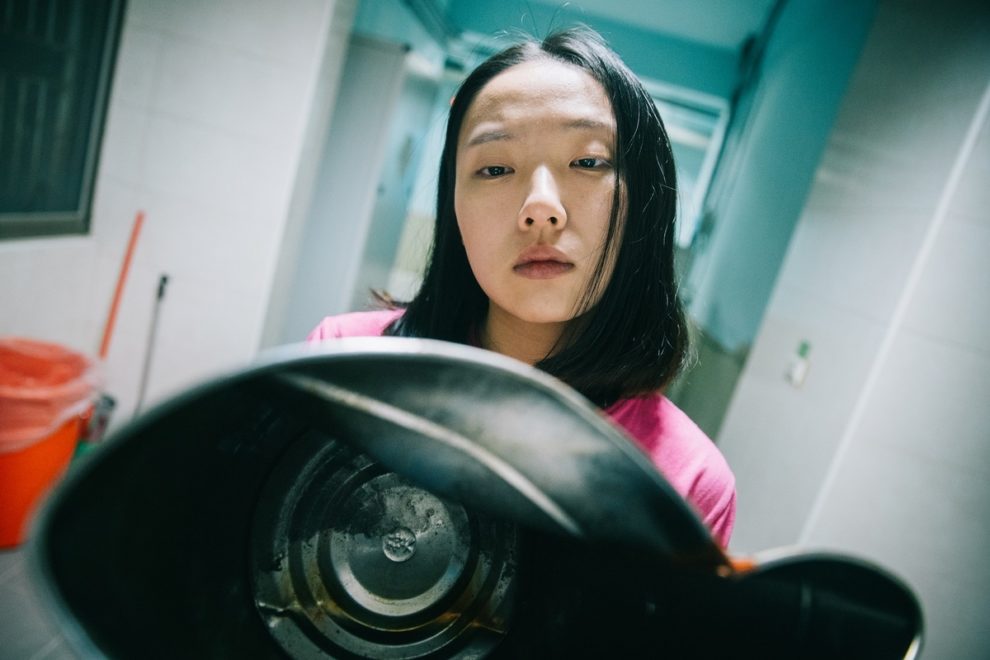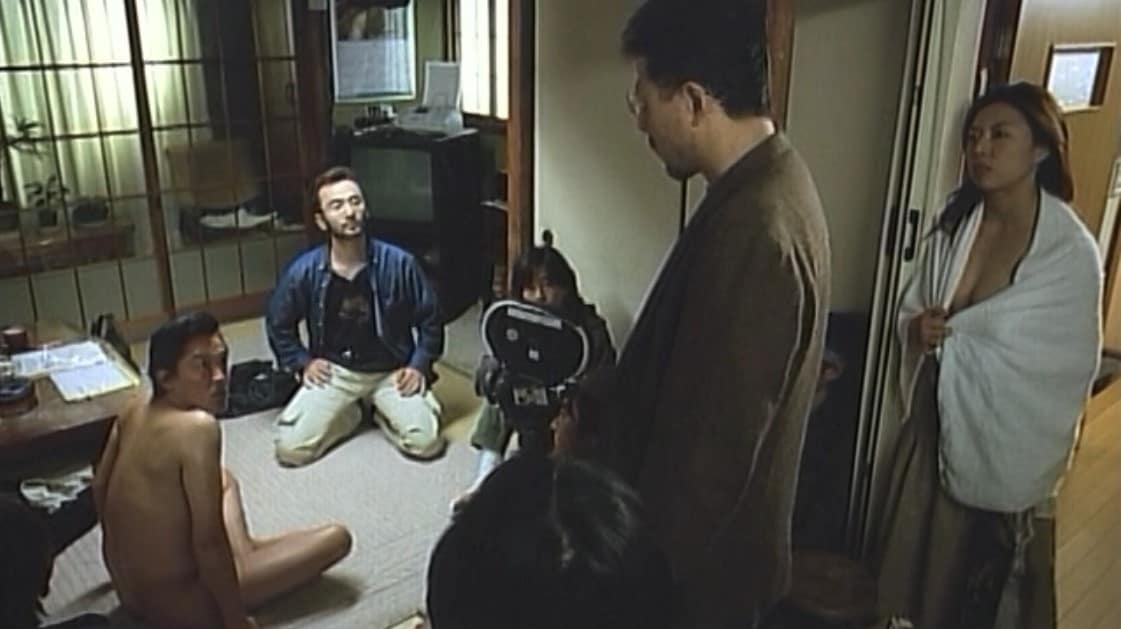Produced by Dreamland Image, the company of former actress May Su, “Dear Loneliness” is a triptych of stories about women and loneliness, whose creators have drawn inspiration from a two-part documentary on 80 of Taiwan's independent bookstores.
“Dear Loneliness” is screening at New York Asian Film Festival

Hsiao Yu focuses on a 12-years-old schoolgirl, who spends most of her free time in a bookstore, since she has no friends. As the majority of the girls in her school, she is in love with a young and very handsome teacher, David, and after reading a book that borders on the erotic, decides to seduce him, at least in the way seduction works in her mind.
Through a story that is harshly realistic, Lien Chien-hung manages to make a number of social comments, with the central one revolving around the issue of lack of parenting for young people, which seems to be the main reason for all of Hsiao Yu's erratic behaviour. The fact that her parents are not around and that she has no friends is what leads her into perceiving reality to be the same as the one presented in novels, while her feelings for such an older man also seem to derive from a need for a kind of a father (parent) figure. His reaction to her and her classmates' behaviour moves the story into a whole other direction.
Lin Chi-en as Yu highlights her disorientation and inner struggle in the best way, although her most impressive scene is the one where she smiles to one of her classmates. Chung Cheng-chun as David plays the “playboy” with gusto, with his highlight being the scene where another teacher confronts him.
“Kai Han” focuses on an 18-year-old college freshman who arrives to Taipei alone, only to find that her dormitory room is assigned to a Chinese student. Since mainlanders take precedence due to the distance of their place of origin, the faculty informs her that she has to find lodging elsewhere. The inexorable attitude of the Chinese girl and a number of incidents that take place as Kai Han is searching for a place to stay, have dire consequences for everyone involved.
Sunny Yu again makes a comment about the lack of proper parenting, which has led Kai Han to feel completely alone, particularly when neither the other girl nor the faculty show any particular wish to help her. Despair as one of the main sources of violence seems to be the main topic here, although Yu does not omit to present the consequences such behaviors have.
Angel Lee as Kai Han gives a great performance, as she highlights both her despair and rage with the same artistry.
“Hsiao Hsun” focuses on a 20-year-old woman who finds herself working for a company that provides girls who visit and flirt with inmates that ask for them. Her detached behaviour changes when she meets prisoner 2923, as their discussions make her think deeply about her life.
Liao Che-yi focuses on both loneliness and the mentality of the men in prison, with the resulting mixture working excellently in both aspects. The fact that Hsiao Hsun seems to be equally lonely with the imprisoned 2923 makes a rather eloquent comment, although the message Liao communicates in the end is that one can find companionship even in the most unlikely places, in a rather hopeful note. Once more, the lack of parenting is highlighted through their complete absence, while Liao also seems to make a comment for the world of hosting, although in a rather different setting than is usually presented on screen.

Ning Chang as Hsun and Liu Kuan-ting as 2923 are both quite good in their parts, particularly in the way they portray the way they change through their interaction, while the fact that both are extremely good looking is an added value.
Garvin Chan and Eric Chao's cinematography (not sure who was in charge of each segment) focuses on realism, despite the fact that is somewhat polished. The way they shoot the plethora of narrow and cramped settings in the film also communicates the claustrophobic space the protagonists inhabit, while the quality of their images also highlights the quality of the production. Also of note is the order of the three segments, who follow girls of growing ages, in essence allowing the viewer to imagine that this could be the same girl in all three, in various parts of her life.
“Dear Loneliness” is an excellent omnibus that uses the main concept of loneliness to highlight a number of additional social issues in the most eloquent way possible, both contextually and visually.















